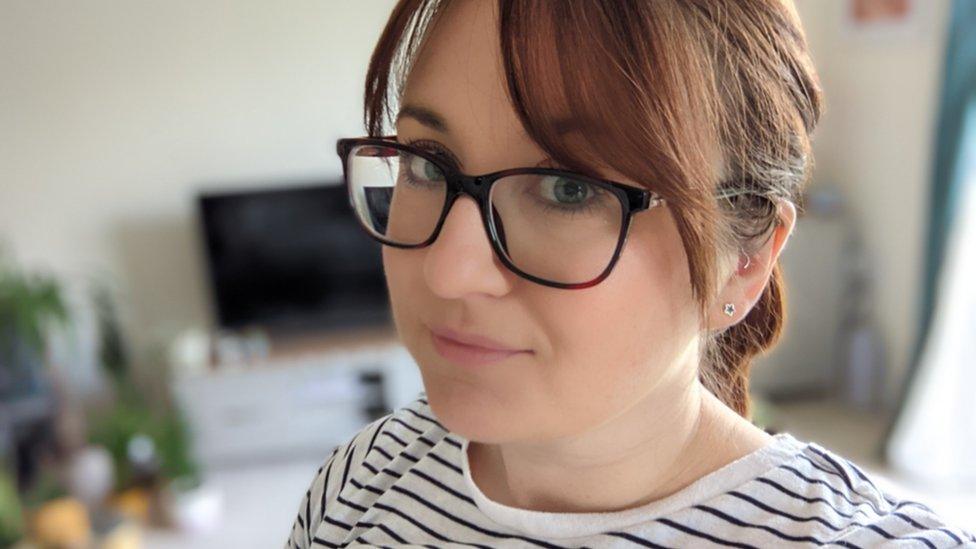Ageism: Older women face heavy workplace discrimination - charity
- Published
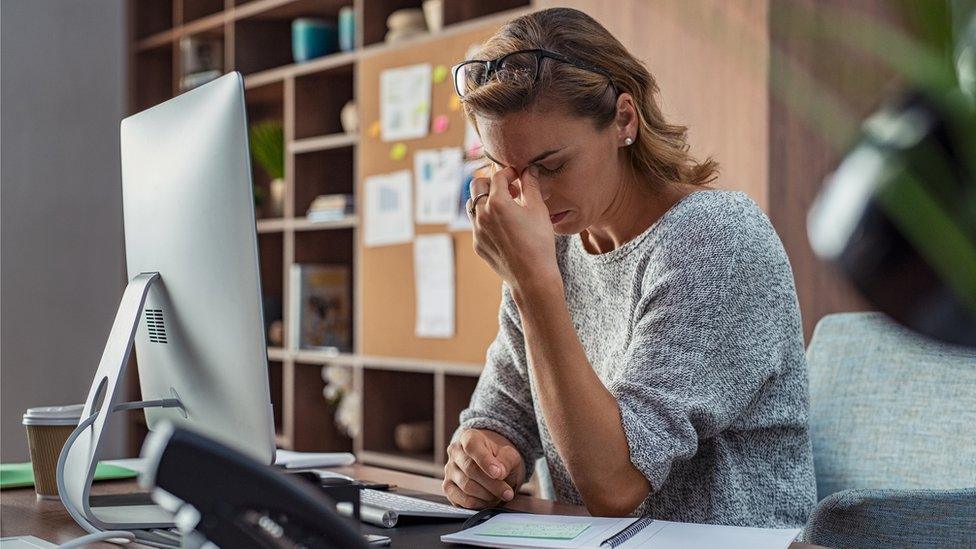
Women's charity Chwarae Teg found that many women over 50 they spoke to felt "invisible and overlooked"
Women over 50 in Wales face multiple forms of discrimination in the workplace according to a women's charity.
Chwarae Teg's research found that many of the women they spoke to felt "invisible" and "overlooked".
The report found women faced issues such as a "pension pay gap" and a lack of understanding of menopause symptoms.
They're now calling for better awareness of gendered ageism, menopause support and flexible working policies.
Chwarae Teg's key findings included "menopause stigma", which prevented women from having conversations with managers and colleagues about their needs.
Consultant gynaecologist Nadia Hikary-Bhal began planning her resignation after suffering "brain fog" and "lack of concentration" at the age of 44.
"I just felt I can't struggle like this anymore. I couldn't think straight. I wasn't sleeping and I just felt it was easier for me to leave. I couldn't think rationally," she said.
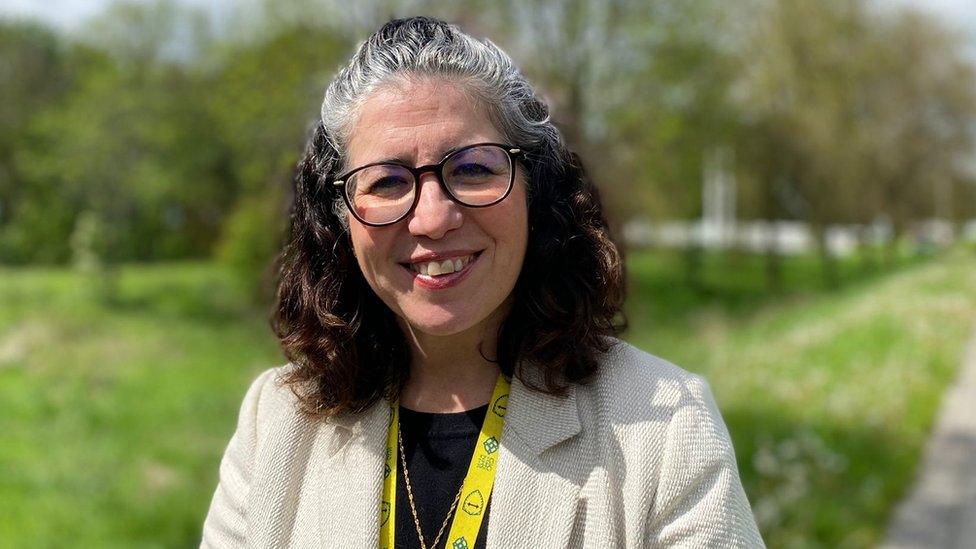
Nadia said she thought she was "suffering with dementia" when perimenopause began
Nadia had begun going through perimenopause, the time where the body starts transitioning to menopause.
Despite often treating women going through it, she had never considered that this was the issue.
"I genuinely thought that I was suffering with dementia," said the now-51-year-old, adding that she felt she could be a "risk to her patients".
'Nothing had prepared me'
Nadia had her "resignation plans in hand" until a colleague asked her if she could be suffering with perimenopause.
"I'm a gynaecologist and I look after women with menopause all the time. But however much we read or hear about it, nothing had prepared me for that experience," she said.
Since being on HRT, a treatment to relieve symptoms of the menopause, Nadia's brain fog has lifted and she feels a lot better.
In Nadia's workplace, Cwm Taf Morgannwg University Health Board (CTMUHB), women can get peer support.
Managers also receive training to raise awareness of the symptoms and the support available to staff which they in turn can highlight to those affected.
However, Lucy Reynolds, boss of gender equality charity Chwarae Teg, says many services and businesses could be doing more.
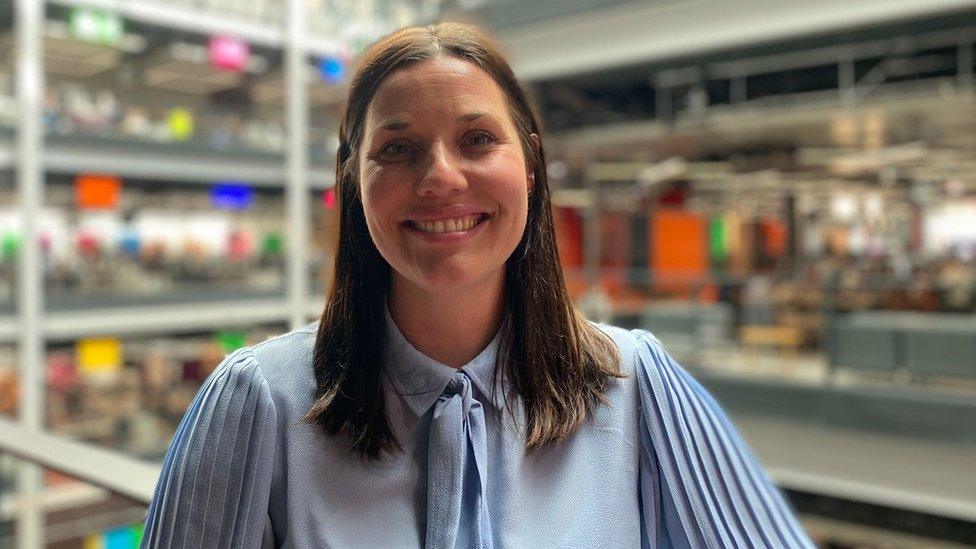
Lucy Reynolds said older women are almost "doubly disadvantaged" by caring responsibilities
"Gender inequality widens as you get older," she said.
The charity surveyed and spoke to 400 women over 50 in Wales and found that among the discriminations faced by these women, the most significant was in "caring responsibilities".
"Older women are almost doubly disadvantaged by caring responsibilities.
"Older women take responsibility for minding grandchildren but also ageing parents," said Ms Reynolds.
'Pension pay gap'
The report found 42% left the labour market because of caring responsibilities, with 24% deciding to retire completely.
The gender pay gap also was found to impact women as they got older, translating to a pension pay gap which created "economic hardship for women".
"We're in an ageing population, so that is going to be critical for women moving forward," she added.
"We'd like to see action taken to forge a path for older workers so that they can stay in employment and ultimately they have choice over whether they work or they retire."
'Feel like a failure as a woman'
Jo Leslie, who left her job after experiencing menopause symptoms, said she began to feel "incompetent".
"I wasn't aware I was going through the menopause at the time and that was part of the issue. lost my confidence because I'd get brain fog and wasn't sleeping well," she told Radio Wales Breakfast.
"I thought it was just me. I really couldn't put my finger on it, which led me to go to the GP. I thought I was falling to pieces. A lot of women think 'am I starting to get Alzheimer's or Parkinson's?'"
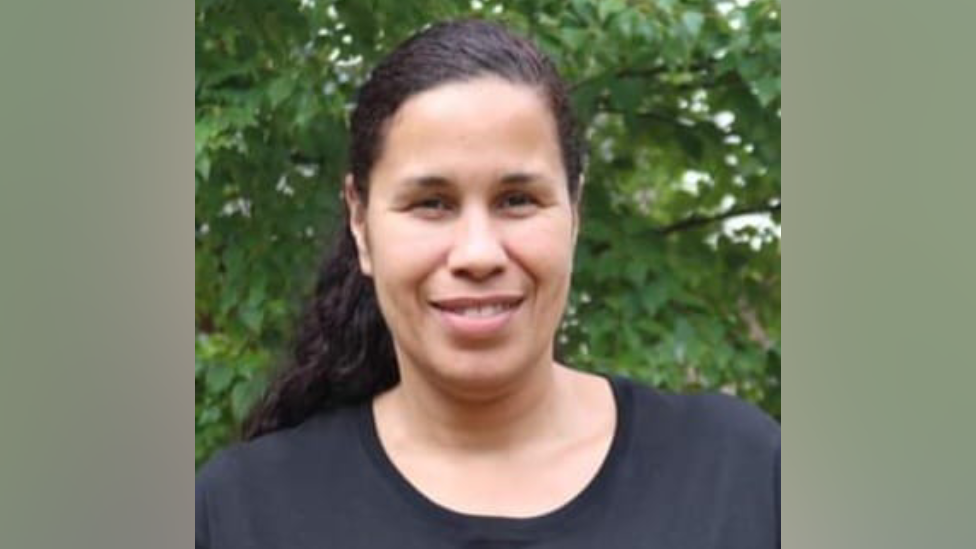
Jo Leslie said she lost her confidence at work after going through the menopause
"There's also some shame attached as well as women because a lot of the time we're working harder than our male counterparts to get those positions. We almost feel like a failure as a woman," she added.
Jo now runs a Menopause Cafe, external, a support group for women going through similar experiences.
Ann Tate, who was CEO of Cancer Research Wales until February this year, said she still believes there is a "stigma" about older women in the workplace.
"I've had older manager women just telling me 'pull yourself together, I got through it, you can get through it'," she said.
"I think that now that people are much more open and people are prepared to talk about this, I think it helps managers. Quite often managers don't know what to do, and don't know how to handle it."
Employment lawyer Fflur Jones has helped many women over 50 with workplace issues over the years.
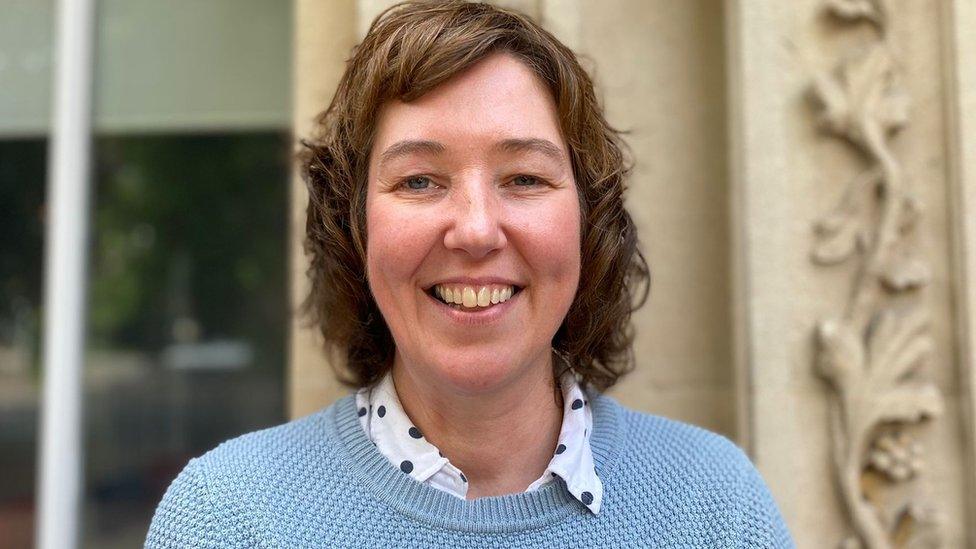
Fflur Jones said Chwarae Teg's finding do not supprise her
"This [research] doesn't massively surprise me, given the number of women I've seen needing advice because of difficulties they are having in workplace, particularly as they get older," said the managing partner of Darwin Gray.
She says it is important that employers not only "think about what policies that should be introduced in the workplace", but show they "support women of all ages".
The advice she gives to women over 50 who are facing these issues is to "try and challenge whatever's happening informally" and "exhaust all internal processes first".
If this doesn't work they can "potentially bring a claim".
- Published1 May 2022
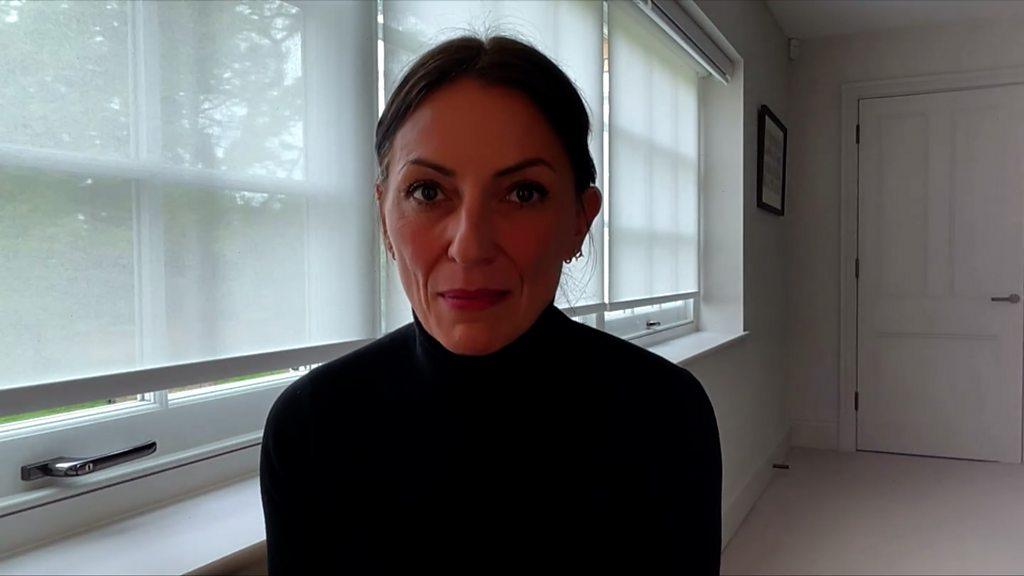
- Published13 July 2022
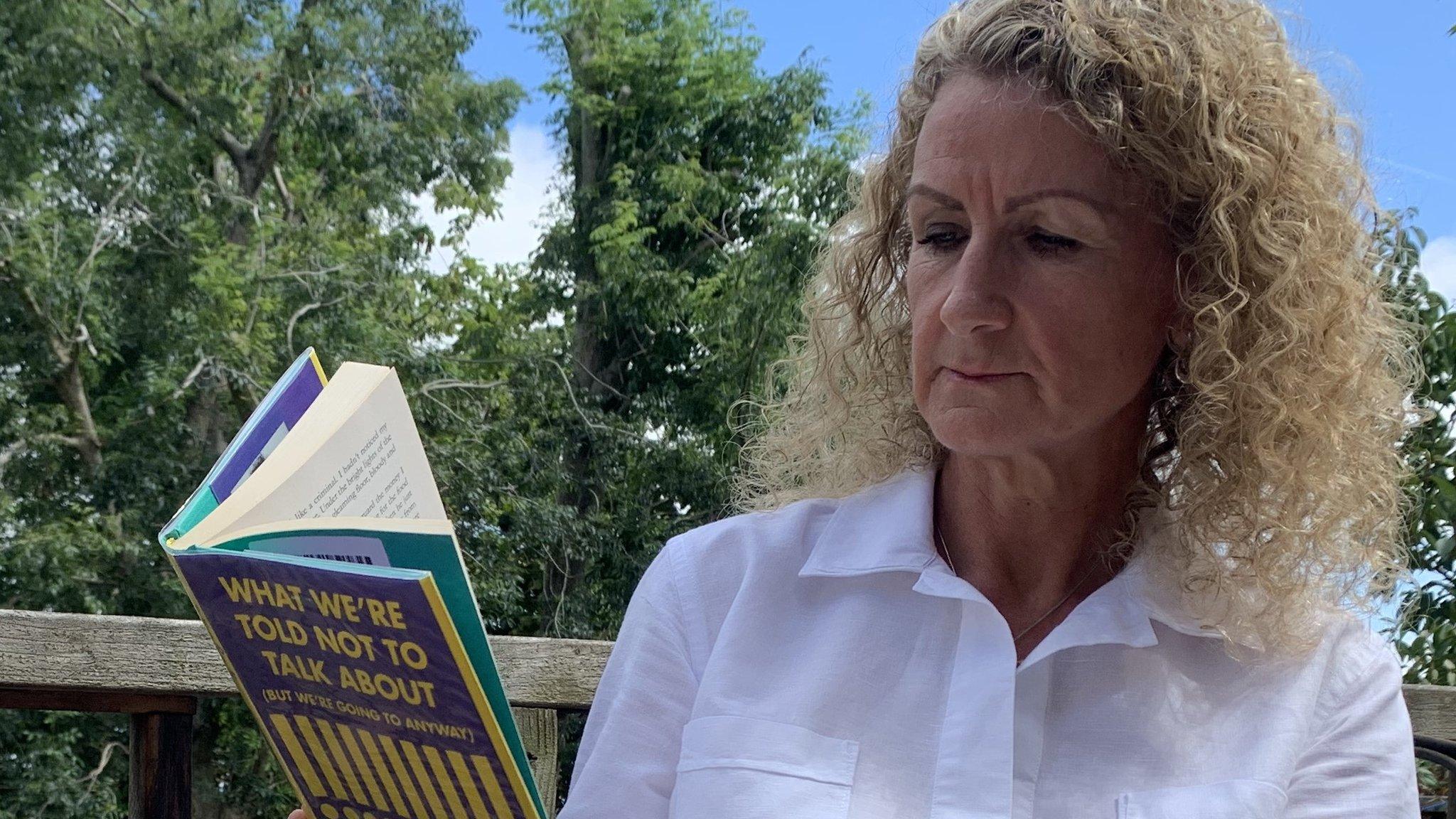
- Published29 April 2022
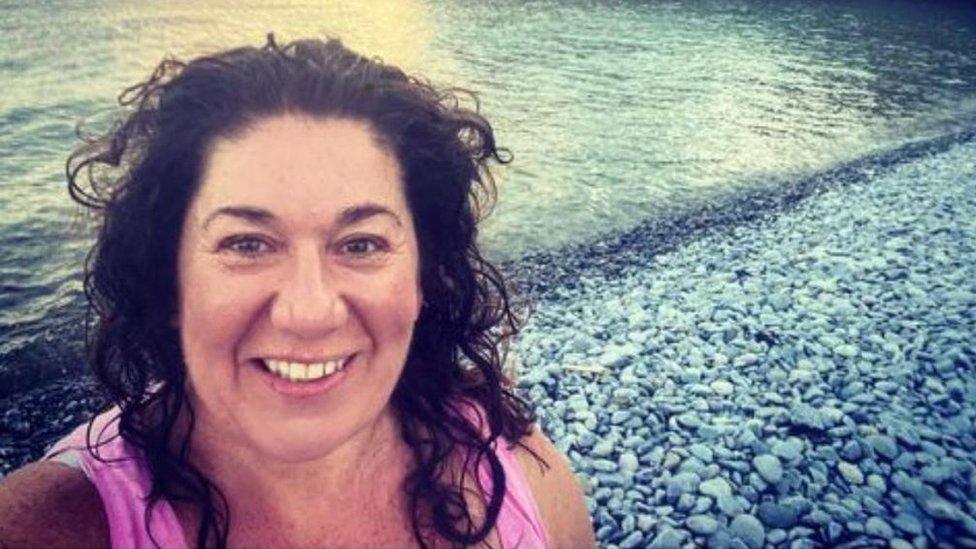
- Published27 April 2022
